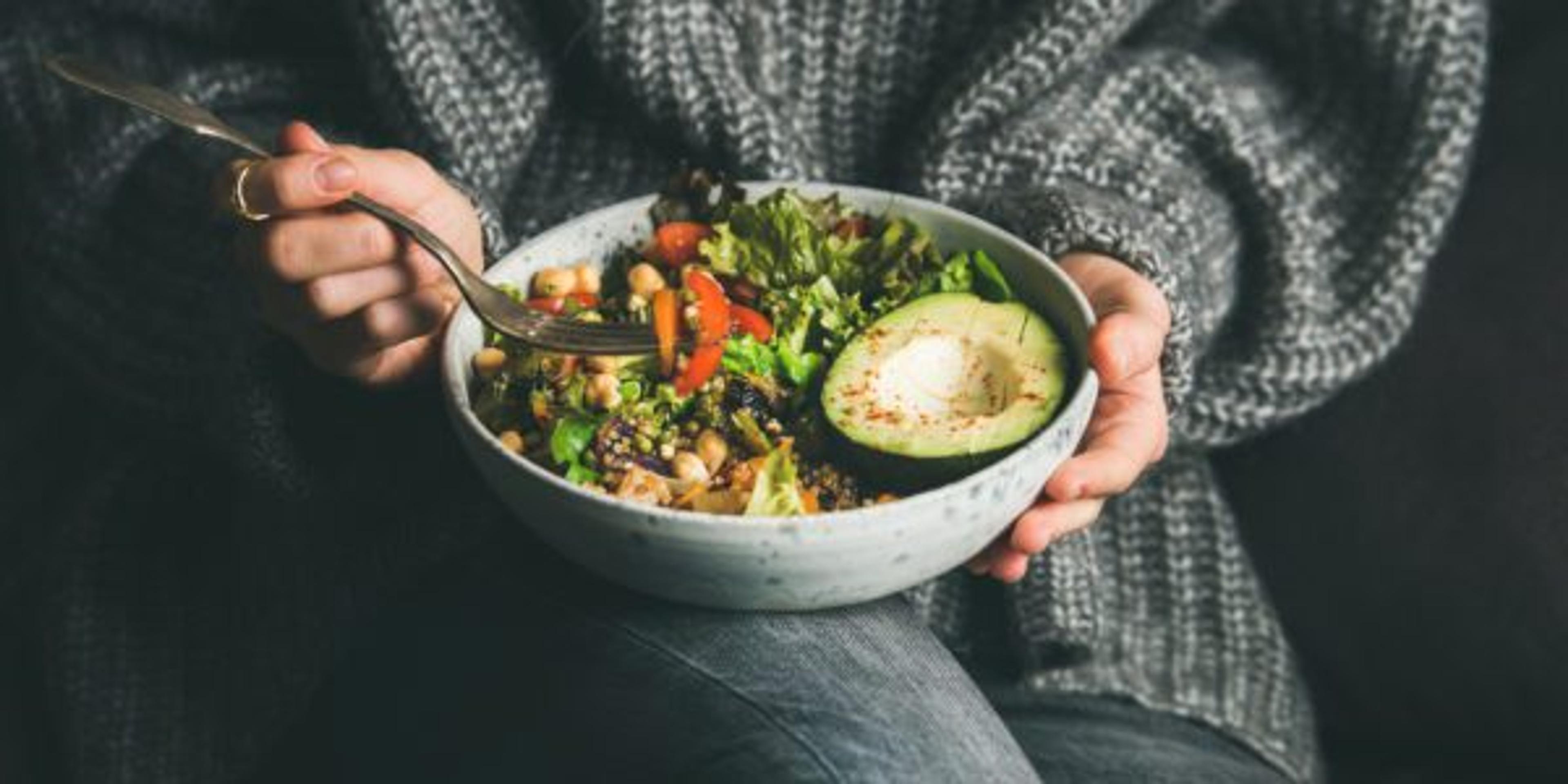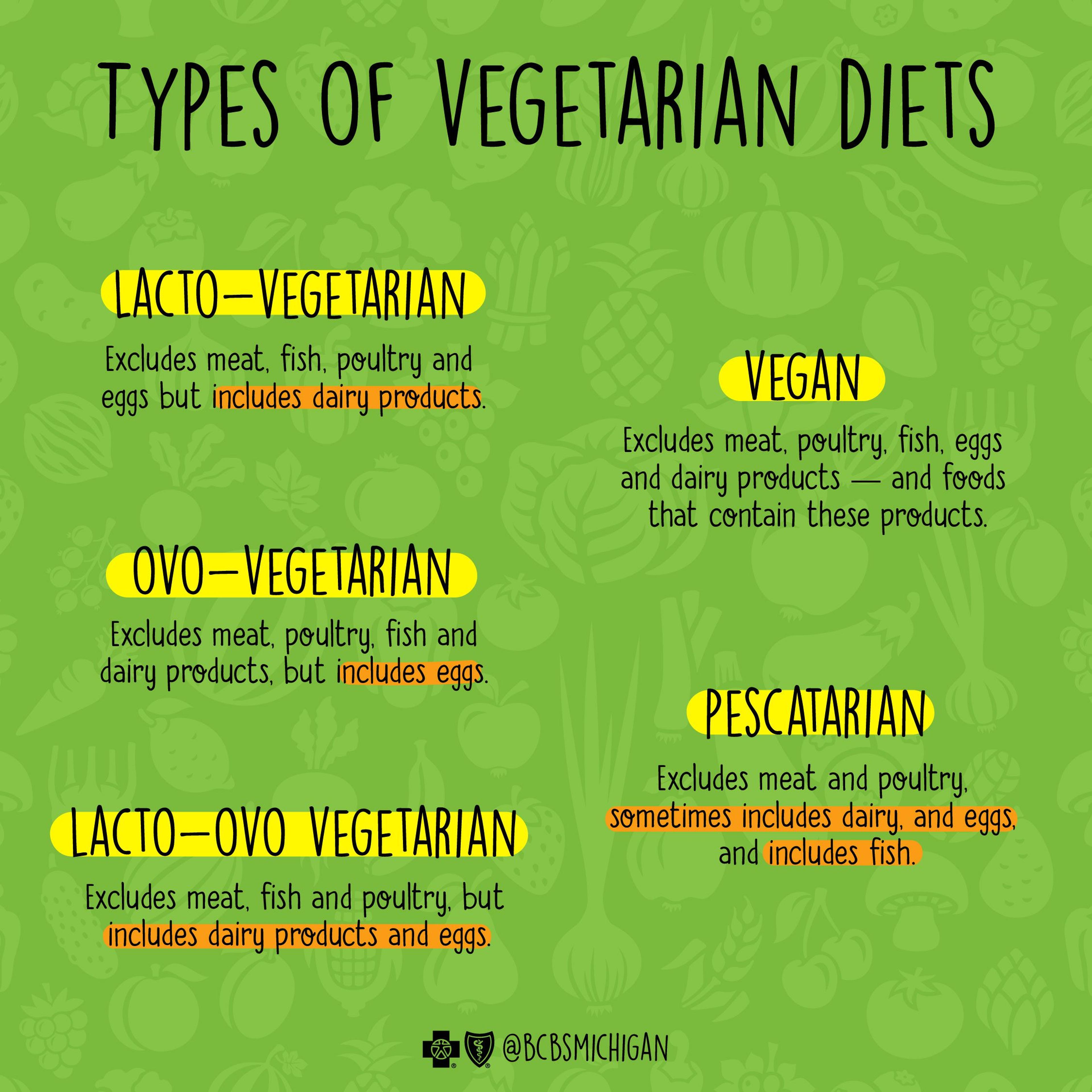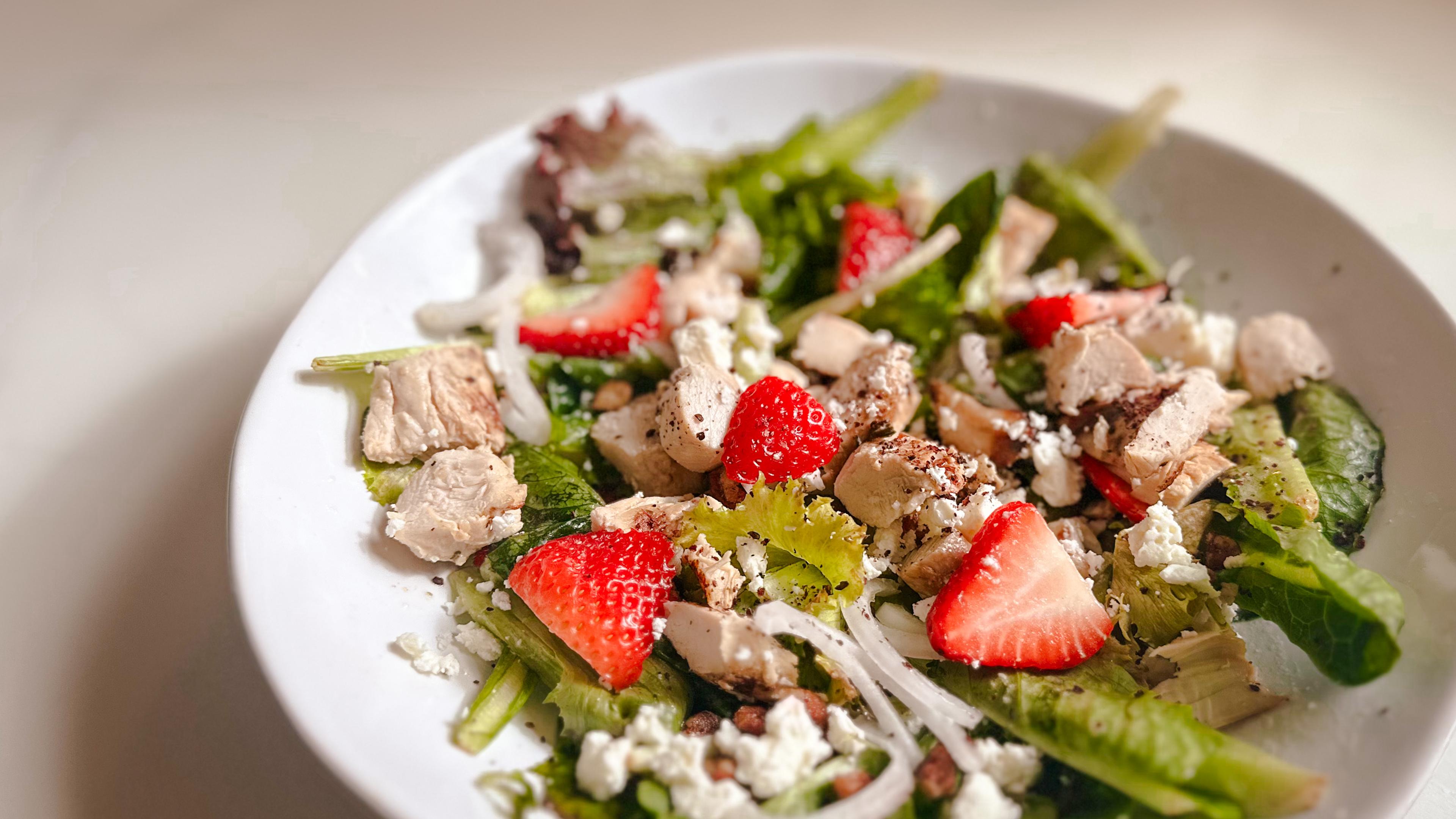What is the Difference Between Vegans and Vegetarians?

Jake Newby
| 3 min read

The common denominator between vegans and vegetarians is that they do not eat products or by-products of slaughter. They avoid meat and eat a plant-based diet, either for environmental, ethic, health or religious reasons.
But there are differences and nuances to both diets. Familiarize yourself with the vegan vs vegetarian discussion by checking out the main points that separate veganism from vegetarianism, including nutritional obstacles people who adopt these diets may encounter.
What is a vegetarian?
A vegetarian does not eat meat or poultry – and typically does not eat fish – but usually eats honey, eggs, cheese and other dairy products. A vegetarian diet includes foods like fruits, vegetables, grains, nuts and seeds. Vegetarians avoid gelatin or animal rennet, as well as food cooked in animal stock or fat.
These are the four main types of vegetarian diets:
- Lacto-ovo vegetarian: Someone who does not eat meat but does eat dairy products and eggs.
- Lacto vegetarian: Someone who does not eat meat and eggs but does eat dairy products.
- Ovo vegetarian: Someone who avoids all animal products but allows eggs.
- Pescatarian: Someone who does not eat meat or poultry but does eat fish, dairy products and eggs.
What is a vegan?
One thing all vegans have in common is a plant-based diet that excludes eating animal foods such as meat – including fish, shellfish and insects – dairy, eggs and honey.
They also avoid all animal-derived materials for non-consumption, meaning they don’t use or wear products that contain wool, silk, leather and beeswax, and soaps, candles and other products that have animal fat in their ingredients. Products tested on animals and places that use animals for entertainment are also excluded from a vegan lifestyle.
What is the difference between vegan and vegetarian?
Both vegans and vegetarians are very particular about what they eat, but vegan choices are made with an entire lifestyle in mind. It goes beyond a dietary preference.

Nutritional challenges for vegans and vegetarians
Vegan and vegetarian diets are considered generally healthy because they are void of the health risks associated with meat consumption, which can include high cholesterol, diabetes, cardiovascular disease and certain cancers. That doesn’t mean that vegans and vegetarians are immune to those conditions, it just means their risks for contracting those health issues are lowered by avoiding meat.
Still, vegans and vegetarians might have a hard time getting certain important nutrients found in meat, eggs and dairy products, including:
- Niacin
- Omega-3 fatty acids
- Protein
- Vitamin B6
- Vitamin B12
- Zinc
Even though most vegetarian and vegan diets are nutrient-dense, people who adopt these diets should be careful to avoid loading up on highly processed foods high in fat and sugar content in lieu of meat-based foods.
Here are 10 foods vegans and vegetarians can lean on to acquire the nutrients listed above:
- Brussels sprouts: An excellent source of omega-3 fatty acids.
- Chia seeds and flaxseeds: Add these to your smoothies for a boost in omega-3s.
- Fortified breakfast cereals: A unicorn of sorts for vegans and vegetarians, most fortified breakfast cereals contain vitamin B6, vitamin B12, niacin, protein and zinc.
- Nutritional yeast: This powder can be a vegan or vegetarian’s best friend, as it is a solid source of vitamin B6, vitamin B12 and niacin. It can be added to chilis, curries, sauces and sprinkled on popcorn.
- Quinoa: This grain is a great protein and vitamin B6 source.
- Seitan: This meat substitute is a good source of protein and zinc.
- Shitake mushrooms: Another good source of vitamin B12.
- Tofu: Another go-to meat substitute for vegans and vegetarians, tofu contains both protein and zinc.
- Walnuts: A great snack for omega-3s.
Read more vegan content from AHM:
Photo credit: Getty Images





